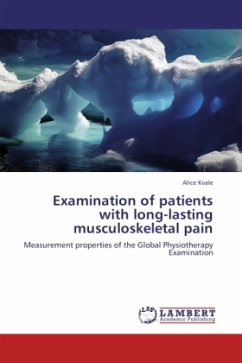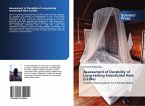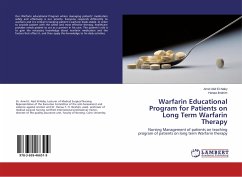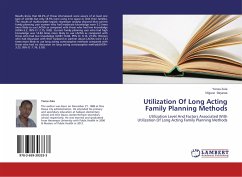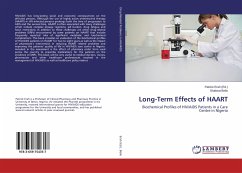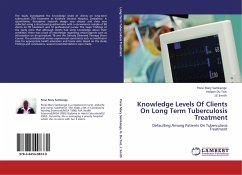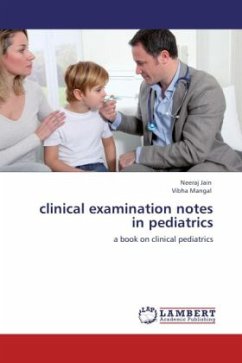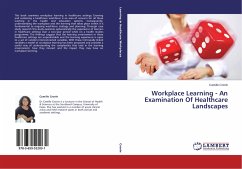The overall aim of this thesis was to develop a sound test battery for patients with different long-lasting musculoskeletal pain conditions, which can be used in clinical practice, as well as in future research. An existing examination battery from the Norwegian Psychomotor Physiotherapy Tradition (NPPT) was used, the Global Physiotherapeutic Muscle Examination (GPM-78). The tests included in the GPM-78 are well defined and standardised and cover five main domains: Posture, Respiration, Movement, Muscle and Skin. Structural Equation Modeling resulted in a modified and shorter assessment battery, the Global Physiotherapy Examination (GPE-52). A reduction from 78 to 52 tests hampered neither the reliability nor the validity of the test battery. The GPE-52 was found to be a reliable and valid instrument for assessing and documenting where and to what degree patients with long-lasting musculoskeletal pain have physical aberrations, findings which can be recorded objectively. By use of sound test batteries, health personnel can get insight into a patient s problem, which also may provide opportunities for documenting and developing new interventions.
Bitte wählen Sie Ihr Anliegen aus.
Rechnungen
Retourenschein anfordern
Bestellstatus
Storno

